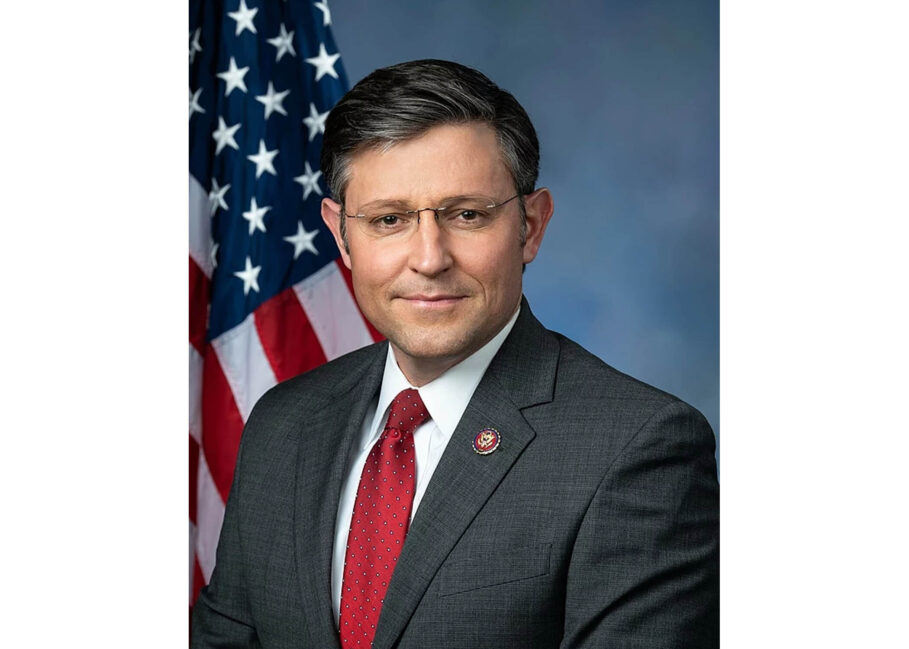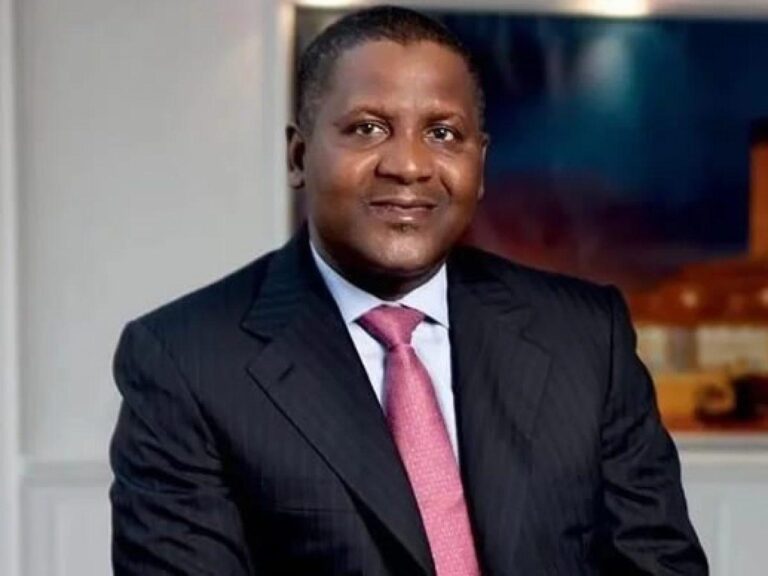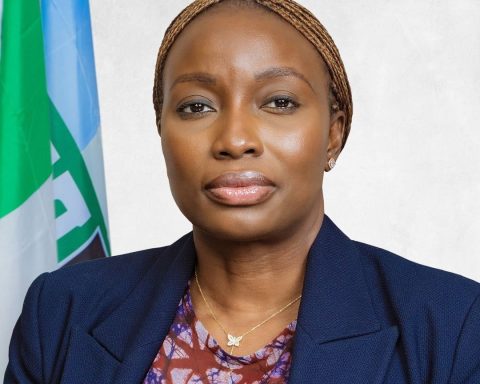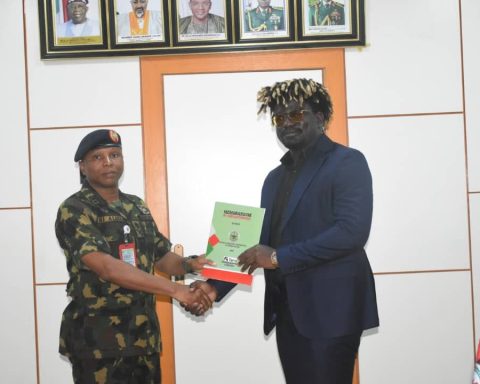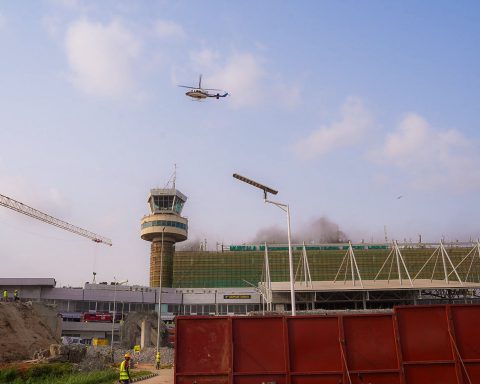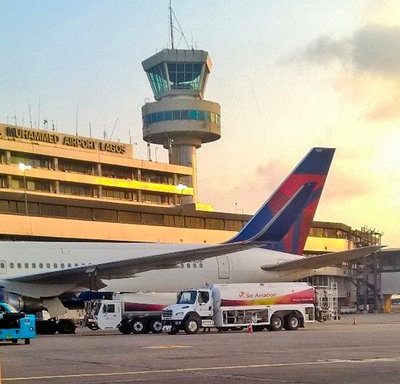As the great salesman that he is, Chairman of the UBA Group, Tony Elumelu opened the eyes of the global community to untapped opportunities and potentials in Africa when he was invited to this year’s Future Investment Initiative (FIL) in Riyadh, Saudi Arabia by Yasir bin Othman Al-Rumayyan, Governor of the Public Investment Fund (PIF) and Richard Attias, Chairman of the FII Institute.
Elumelu started by asserting that it is wrong to broadly categorize Africa as a continent where bad things happen, stressing that while the same can be said of every part of the world, statistics of negative occurrences in Africa is totally insignificant. “We should realize that Africa is a continent of 54 countries and 1.4 billion people. That broad categorization of Africa as bad is totally wrong,” he said.
Join our WhatsApp ChannelHe went on to advocate that Africa needs the sort of massive global capital infusion which Japan, Germany, Korea and China benefited from to create a better future for everyone, stressing that there are demographic dividends for the world in Africa.
“Africa is ready for investment. We do have challenges but in spite of these challenges the opportunities are huge. People should take advantage of these opportunities. We need a marshal plan for Africa. We need to mobilize huge long term capital on the continent to enable us defog and fix the infrastructure we need to develop,” he said.
Elumelu was however quick to remind Africans that no one owes them their development hence must work hard by investing and showing confidence in the continent rather than being mere commissioned agents. He lamented that despite Africa’s huge natural endowments, value addition to these raw resources does not happen on the continent.
Prime Business Africa reports that the FII, which is in its seventh series with the theme: The New Compass, is an interactive platform, designed to help investors recalibrate the pathways for their companies and for the global economy, while developing new strategies for understanding the greatest challenges and opportunities of this new era.
At the event, the Industrialist had a stimulating fireside chat with Richard Attias on the topic ‘How Africapitalism drives Inclusive Growth’, driving home the importance of strategic long-term investments, cross-sector collaborations, values, and global partnerships, and showcasing the Tony Elumelu Foundation’s groundbreaking impact report.
In the words of Elumelu, “Africa’s most potent resource is our demography: young, energetic intelligent and ambitious. It’s a huge workforce for the world. We are huge in terms of number of young people. This guarantees huge labour and market for the world but this demography has to be catalyzed and shape it in a way that is progressive and positive. Not in a way that people become disenchanted with life and start embracing migration and extremism
“Digital divide must not lead to societal divide. We need to develop everyone.Today in Africa and Nigeria to be particular we have a massive migration of people to Canada, the UK. They support hospitals, they support IT sectors in these countries. How about investing further and collectively in this workforce so they can be a positive force for the world, not a negative breeding space or ground for extremism.
“Another thing good about the continent is the huge natural endowment. Unfortunately, because of inefficiency and poor leadership we export these as raw materials. These raw materials get process but value addition doesn’t occur where they exit. And they come back to the continent as finished product. This is also an opportunity for investors to come in.”
The industrialist then disclosed that Africa can feed the world in terms of food security given the arable land on the continent, adding that there is the need for the breaking down of barriers so that African nations can develop infrastructure in a manner that supports intra-Africa trade.
“We need to produce what our people need and create a bigger market for every one of us. Most importantly, we need to empower the young generation of Africans to be able to create value. In trade, if you don’t produce what your Neighbour needs they will go outside to look for who can produce it. We must make sure we produce what we need in the continent,” he said.



